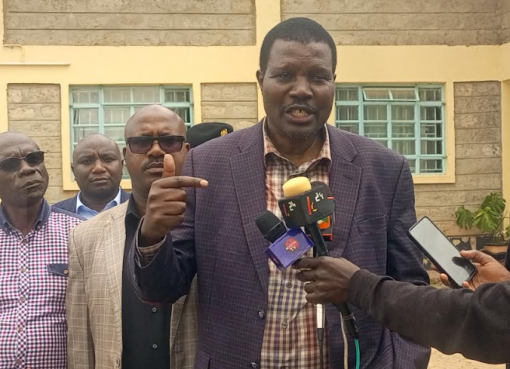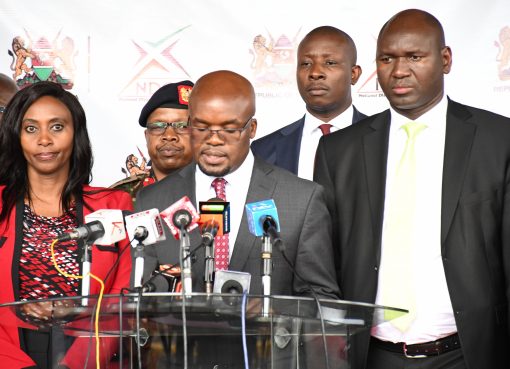Small scale farmers in arid and semi arid counties have been encouraged to move from 19th century ways of farming and shift to the use of modern technologies to ensure food sustainability.
Baringo deputy governor Jacob Chepkwony has reiterated the need for farmers to move from reliance on rain fed agriculture to other interventions like irrigated agriculture in order to become food secure and fight hunger.
Speaking when he officially opened a four day training workshop on food security systems at Soi Safari Lodge hotel in Marigat sub county Monday, Chepkwony said time has come when stakeholders need to be empowered through capacity building and training on agricultural best practices to ensure that food is available at household levels throughout the year.

Researchers say that purple tea seeds could be a source of oil which will be more valuable than the traditionally expensive Olive Oil.( file copy)
He called on the participants to go for appropriate agricultural practices and interventions that support sustainable marginal agricultural production systems to remain food and nutrition secure.
The deputy governor also urged farmers to engage in short term horticultural crops with high income returns as well as traditional drought resistant food crops such as millet, sorghum, cowpeas, sweet potatoes and cassava in order to improve their livelihoods.
He said that Baringo county government has initiated a partnership with World Food Programme (WFP) and National Drought Management Authority (NDMA) in the establishment of irrigation projects in Emboss, Mukutani, Chemolingot and Loboi, which will benefit smallholder farmers in the respective regions.
At the same time, Chepkwony challenged the stakeholders to always prepare and submit quarterly reports of programmes undertaken in their areas in order to assist WFP, County governments and National government, when conducting monitoring and evaluation of agricultural projects and programmes activities within their jurisdictions for accountability and transparency.
He added that Baringo county governments through county integrated development plan (CIDP) and annual development plans has come up with projects and programmes that support the agricultural sector, with the sole purpose of transforming farming to increase make it competitive and boost productivity.
Besides raising farmers’ profits, he noted, the initiative will not only improve their livelihoods but will also attract other interested players like the youth into the field.
The workshop sponsored by WFP drew participants from eight counties of Baringo, Wajir, Tana, Marsabit, Samburu, Isiolo, Turkana and Garissa.
In the training workshop attended by among others county Disaster Risk Management director Nelson Chemwei and Resilience officer Mike Baimet, the deputy governor commended WFP for organising the workshop saying it will help the participants come up with easy and cost effective ways of implementing programmes in their respective counties that meets the requisite standards.
He noted that initiatives mooted by WFP in most cases have provided long term solutions to mitigating drought and other calamities associated with it through a structured methodology.
By Joshua Kibet





